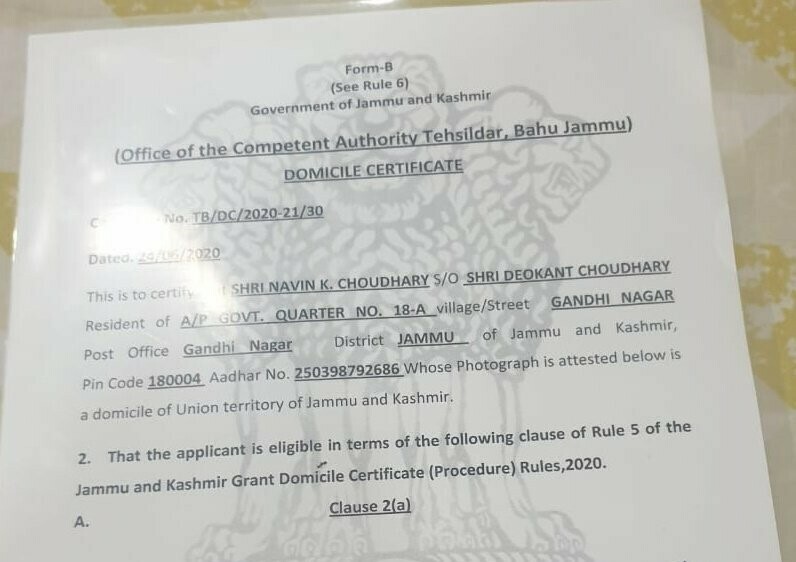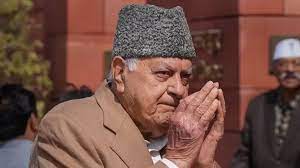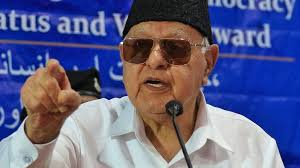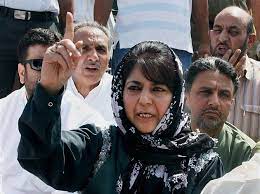The office of the Relief and Rehabilitation Commissioner has also decided to hold special camps to accept applications at places where a minimum of 50 such families are residing. One such camp was held in Delhi around a fortnight ago.
THERE seem to be few takers for the Jammu and Kashmir administration’s offer of domicile certificates to former residents who, or their ancestors, moved out of the erstwhile state years ago, provided they register with the Relief and Rehabilitation Commissioner (Migrants) at Jammu. The administration has now extended the scheme, announced on May 16, 2020, with a deadline to apply within one year, to May 15, 2022.
The office of the Relief and Rehabilitation Commissioner has also decided to hold special camps to accept applications at places where a minimum of 50 such families are residing. One such camp was held in Delhi around a fortnight ago.
Announcing the extension, an order by the J&K Government’s Department of Disaster Management, Relief, Rehabilitation, and Reconstruction, said, “No further extension will be granted” thereafter.
J&K saw a large-scale exodus of the migrant Pandit community, apart from Sikhs, around the time militancy began in the late 1980s. The administration hoped they would avail the offer, which would make it easier for them to own land, as well as get jobs and educational opportunities in the Union territory.
However, even at the Delhi camp, the response was lukewarm. Of the nearly 25,000 unregistered Kashmiri Pandit families estimated to have settled in Delhi prior to 1989, only 3,000 turned up to take application forms, 806 of whom were registered and issued domicile certificates on the spot, officials said.
Relief Commissioner (Migrants) Ashok Pandita said the applications of the remaining 2,200 families along with supporting documents, such as proof of their residence in the UT, were being brought to Jammu for further action.
Among the families who settled elsewhere in India after migrating from areas of J&K occupied by Pakistan in 1947, nearly 3,300 had approached the Relief and Rehabilitation Commissioner for application forms to register as migrants. However, only 100 ended up applying.
As per official estimates, while nearly 45,000 Kashmiri Pandit families are registered with the Relief and Rehabilitation Commissioner (Migrants), having left the Valley after the onset of militancy (and hence already figure as permanent residents of the UT), an equal number who migrated much earlier are missing from the records.
Similarly, 41,119 Hindu and Sikh families are believed to have migrated from the J&K areas occupied by Pakistan in 1947. Of them, 31,619, including 5,300 settled elsewhere in the country, are registered with the Provincial Rehabilitation Officer, who doubles as Custodian Evacuee Department. Of them, 26,319 families are already counted as permanent J&K residents.
Officials said that around 9,500 families had been denied registration by the then government in the late 1950s on the grounds that they either did not stay at camps set up by it, or did not come to the Indian side between 1947-54, or came to the Indian side unaccompanied by the head of the family, or the annual income of the head of the displaced family at the time of migration was more than Rs 300.
Officials estimate that the number of such migrants and displaced people might now be together more than 50,000 families. The administration understands that permanently settled elsewhere, these families might not want to return, and hence wants them to get registered for the purposes of “domicile only”.
The problem is more complex when it comes to those who have migrated from areas now in Pakistan Occupied Jammu and Kashmir (PoJK). The online option seeks their original place of residence and for most of them, these are districts such as Mirpur, Muzaffarabad, Bhimber, Kotli, Rawalakot, etc. “When we try to register them online, our computers do not accept the names of their native places,” Relief Commissioner Pandita said, adding that it wasn’t just a software issue that they could correct from their end. “We have taken up the matter with the Home Department.”
Now, members of a ‘PoJK Visthapit Seva Samiti’, including BJP leaders, have got into the picture, and are sending delegations under the banner to states and UTs where families formerly from PoK are settled, to persuade them to apply for domicile.
Ashok Khajuria, Convenor of the J&K BJP’s Refugee Cell and a member of the RSS, who led a delegation to Rajasthan, said the Samiti has members from different organisations working for the cause of the displaced. He said the Samiti’s members were also headed to Uttarakhand, Haryana, Punjab, Himachal Pradesh, and Delhi.
According to Khajuria, at the Delhi camp, many of the families were issued domicile certificates on the spot offline. However, their numbers were very less, he admitted.
The issue might have political ramifications as an entry of these numbers into domicile and hence, possibly, voter records come at a time when a delimitation process is on in the UT, with parties in Kashmir expressing the apprehension that it is meant to boost the seats in Hindu-dominated Jammu.
Khajuria said, “We have 24 seats reserved for PoJK areas in the J&K’s Legislative Assembly and we can request the government to defreeze one-third of them as one-third of their population is residing here.”






